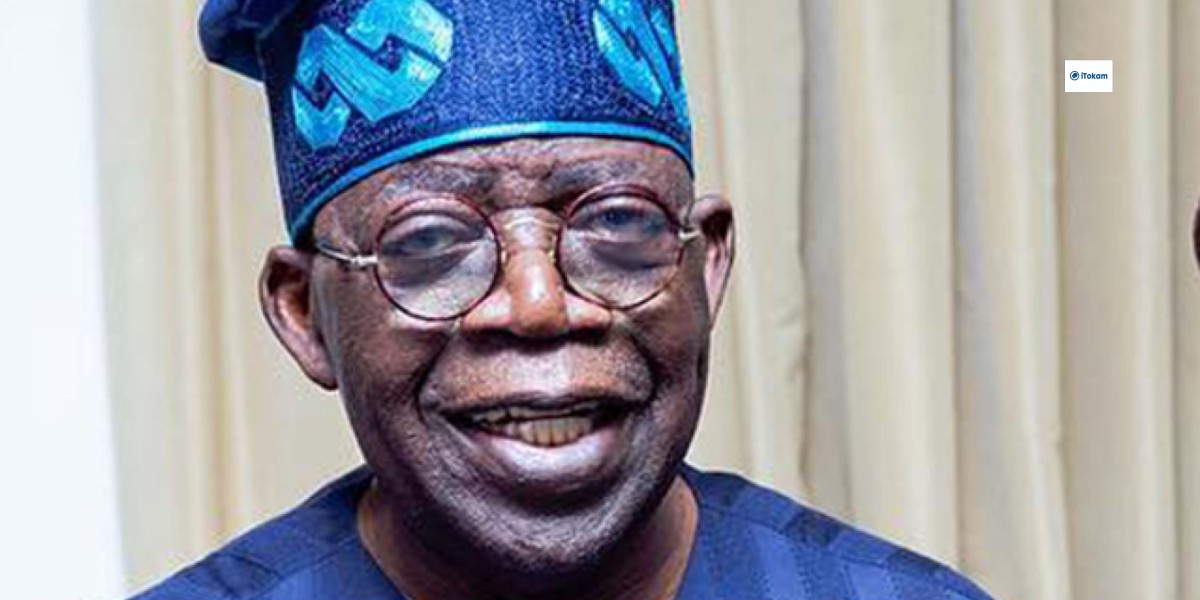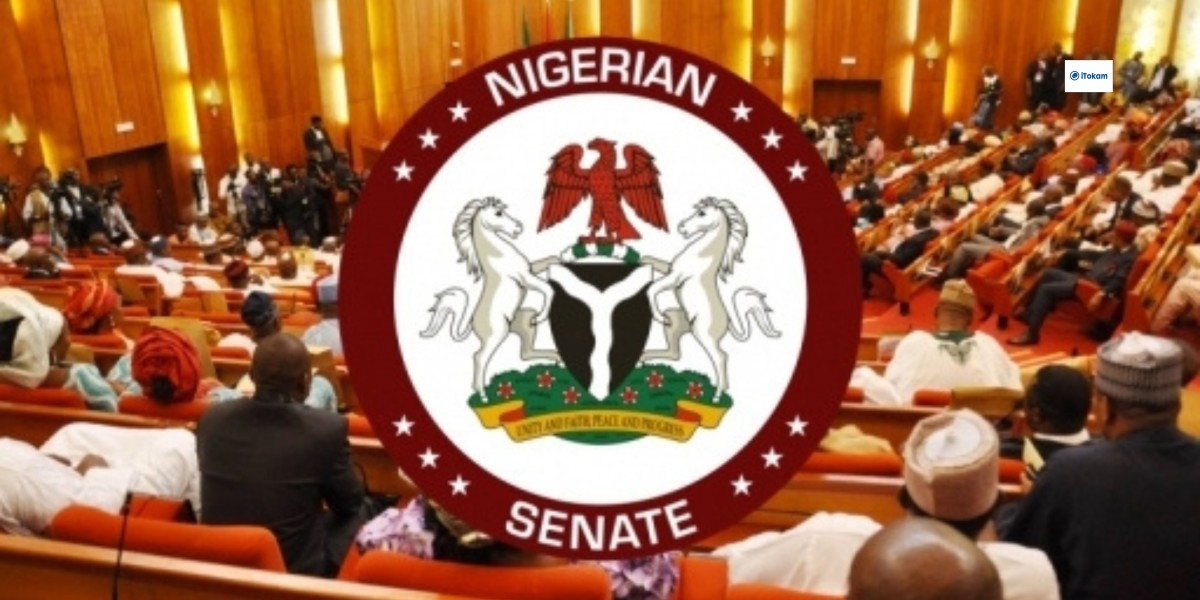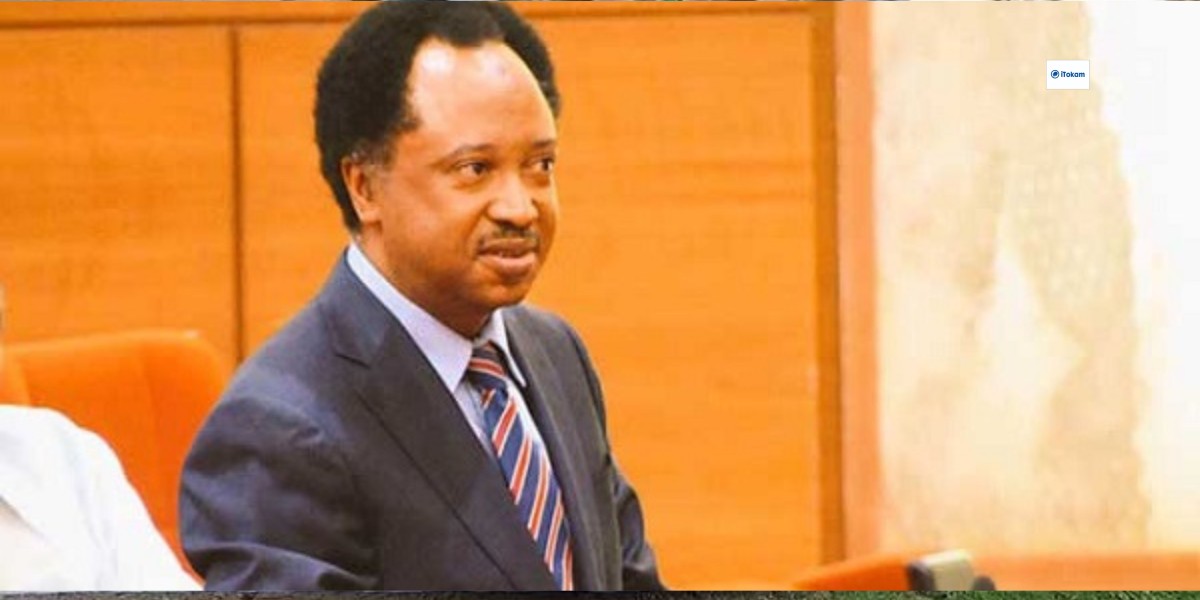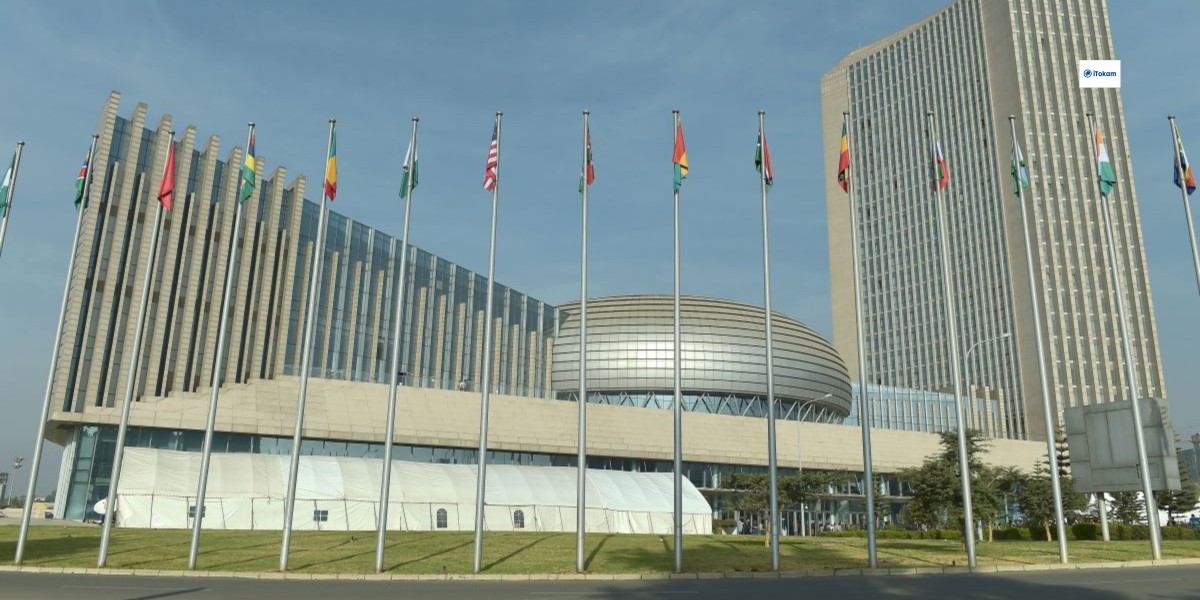President Bola Tinubu dissolved MDA Boards as part of the Renewed Hope Agenda's thorough reorganization and harmonisation of major government institutions.
However, stakeholders have urged the President to use the appointment of new members as an opportunity to reset the composition of the non-executive boards as a technical advisory to MDA executive management and a circuit breaker for compliance, audit, and governance.
If President Tinubu wants the new boards to revitalize government business, he should stop rewarding party members, friends, and acquaintances with board nominations.
Some stakeholders noted that MDA boards had performed poorly since 1999, lamenting that most members engaged in power struggles with chief executives, promoted fraud, and lacked accountability and probity, turning the agencies into conduit pipes for draining government scarce resources instead of promoting growth across various sectors of the nation's economy.
They highlighted that “Competence, merit, knowledge, and workings of the agencies must be the yardstick for appointing board members if the Tinubu presidency is determined to change board membership from patronage to harbingers of development.”
The Steve Oronsaye report, which would improve performance monitoring and goal-setting, should be implemented quickly, they said.
Kelvin Emmanuel, CEO of Dairy Hills Limited, noted that board committees help MDAs generate more income and implement more.
Board audit committees help with financial reporting, selecting an independent auditor, and receiving internal and external audit results.
Nigeria has historically prioritized Ministers, Permanent Secretaries, Directors, and Director-Generals over the non-executive staff. However, private sector non-executive teams balance executive performance. If we want a productive, responsible, and sustainable system, all governments should use this approach, Emmanuel added.
Alphonsus Okorafor, a retired Director of the Ministry of Information and Culture, said that most MDAs' governing boards/councils are not designed to be effective, and that governing board members should have the knowledge and expertise to add value to the organization's operations.
He noted that the government never considers this criteria when appointing board members to government organizations, instead using it to reward friends and loyalists.
The chairperson of the Niger Delta Development Commission (NDDC), who went there to fight the managing director, felt entitled because she had served the then president. "A governing board with more politicians than professionals cannot function," he said.
He believed such appointees would not add value due to their lack of competence, commitment, and awareness of the organization's mandate and operations.
He suggested a detailed selection procedure to guarantee only people with the necessary skills and expertise for each MDA are appointed to make them effective.
The Independent Corrupt Practices and Other Related Offences Commission (ICPC) Chairman, Prof. Bolaji Owasanoye, recently criticized board members for arrogance, low skills, and fraud.
This year, the anti-graft agency evaluated MDAs on ethics, integrity, statutes, policy, and regulations.
The Centre for Social Justice (CSJ), a Civil Society Organization, noted that boards must have merit, competence, innovation, character, and extensive industry expertise to fulfill their strategic goals.
Public enterprises must fulfill their missions, according to CSJ Lead Director Eze Onyekpere.
Also Read: Ochereoma Nnanna- Ribadu Must Advise Tinubu Wisely.
He claimed that corporations, directed by their boards, drain the economy instead of creating wealth and tackling sector-specific problems.
He said several members have failed to return the operating surplus expected by the Fiscal Responsibility Act and in compliance with the operating surplus template and finance legislation of respective years and have kept back money owing to the Federal Government.
Even though board participation is a political appointment, the president can widen the range of NGOs, organized private sector, labor, and other vital constituencies while screening applicants by anti-corruption authorities.
His words: “There should be a public notice of the intention to appoint persons to these boards. The names of prospective appointees should be published so that anyone with information about their unsuitability for public office can submit it to a committee of high-character and integrity who will review the petitions and make recommendations to Mr. President.
“The Federal Government should set deliverables with milestones and targets and a verifying monitoring and evaluation plan for boards. Their leadership should also be assessed annually to take out deadwood.
In 2012, the Presidential Committee on Rationalisation and Restructuring of Federal Government Parastatals, Commissions, and Agencies suggested the liquidation, merger, and reversion of some institutions to ministries.
The union's General Secretary, Peters Adeyemi, said agencies, departments, and parastatals created by legislation must be dissolved or altered, while those constituted by the constitution must be constitutionally amended.
He said this means the executive branch is not solely responsible for execution. “It is therefore left to be seen how the National Assembly that had passed several bills that are awaiting the assent of the president for the establishment of some agencies and boards will handle its responsibility in the implementation of the Report,” Adeyemi said.
He warned that "our past experiences with reforms aimed at cutting down bureaucratic cost are that they had always ended with job losses" if the report is implemented. Nigerian bureaucracy always favors recurring costs. Unfortunately, in Nigeria, recurrent expenditure is civil servant salaries and wages. Dubious political officeholders tell the uninformed people that the government spends a great amount of its revenue on civil employees' salaries and wages, while civil servant salaries and wages are only one part of the government's recurring expenditure.
Dr. Goke Adegoroye, the first Director General of the Bureau for Public Service Reform (BPSR), advised the government to beware of political elite tactics to derail the effort.
He noted that legislative realignment by the National Assembly might take 12 to 24 months due to the enormous number of agencies whose Acts need to be examined, changed, or abolished and the expected lobby from politicians and career public workers.
Adegoroye suggests the Federal Government prepare a White Paper containing the updated report for the president to transmit to the National Assembly for action.
To complete the merger, the president would need to issue an Executive Order to start mandate reorganization, organogram, manning level determinations, officer screening, etc.
He said the Jonathan administration's White paper has prevented its implementation.
He urged Tinubu to retract the White Paper and reconsider it.




